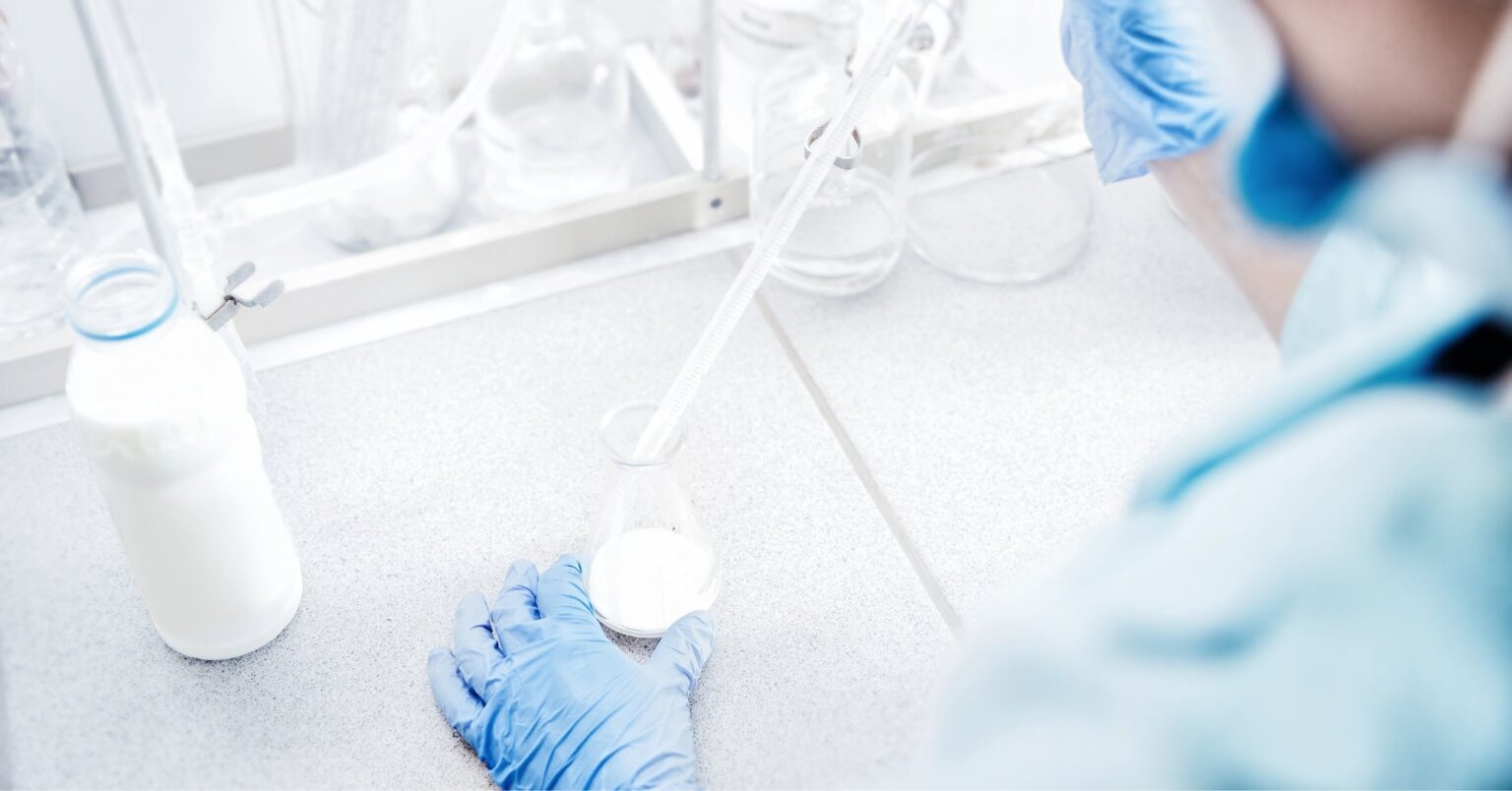A new study from the University of Nevada-Reno has revealed that lab-grown whey proteins, while similar in function and taste to those found in natural cow’s milk, show key molecular differences that affect how they interact with the human gut microbiome.
Researchers from UNR’s College of Agriculture, Biotechnology and Natural Resources, in partnership with colleagues at California Polytechnic State University, examined whey proteins produced through precision fermentation — a process where genetically engineered yeast synthesizes dairy proteins without the need for cows.
Although the proteins were marketed as identical to those in bovine milk, the study found that wasn’t entirely the case.
“Functionally, they behave like whey and taste like whey,” said Steven Frese, an assistant professor of microbiology at UNR and lead author of the study. “But at the molecular level, they are decorated differently … those decorations — called glycans — appear to influence how our gut microbes respond.”
Published in Microbiology Spectrum, the research revealed that while natural milk contains a variety of proteins, the lab-grown version was composed of nearly 98 percent beta-lactoglobulin. Natural milk also included alpha-lactalbumin, albumin, and casein, offering greater diversity in nutritional content.
To test how the proteins influence digestion, the team used an in vitro fecal fermentation model, simulating the human gut microbiome’s response to each protein source.
Their findings showed that microbial communities exposed to yeast-derived whey experienced reduced diversity, compared to those interacting with cow’s milk whey.
“Lower diversity isn’t necessarily bad,” Frese explained. “But the important takeaway is that these proteins are not identical in how they interact with our biology.”
The differences aren’t just in the proteins themselves. The study focused heavily on N-glycans — sugar molecules attached to the proteins. In mammals, these sugar structures are created through complex pathways that yeast cannot replicate exactly.
As a result, although the protein sequences might appear similar, their “decorations” differ in subtle but meaningful ways. These modifications can change how the proteins behave in the body, particularly in relation to digestion and immune response.
The findings come at a pivotal moment in food innovation. Lab-grown and precision-fermented dairy products are entering the market rapidly, promising ethical, environmental, and health advantages.
Supporters argue that producing dairy proteins without cows can reduce carbon emissions, water consumption, and land use significantly. However, this new study signals the need for further scrutiny.
“This research adds a layer of nuance to the discussion,” Frese said. “It suggests that we must evaluate these proteins not just by their sequences, but also by their functional characteristics in the body.”
As precision fermentation becomes more widespread, scientists and regulators may need to reassess how they evaluate equivalence in novel foods. The assumption that “identical” proteins are biologically identical may not always hold true.
“Our study doesn’t say lab-grown dairy is unsafe,” Frese noted. “But it does show that it behaves differently — and that’s worth understanding as we consider how to label and regulate these products.”


